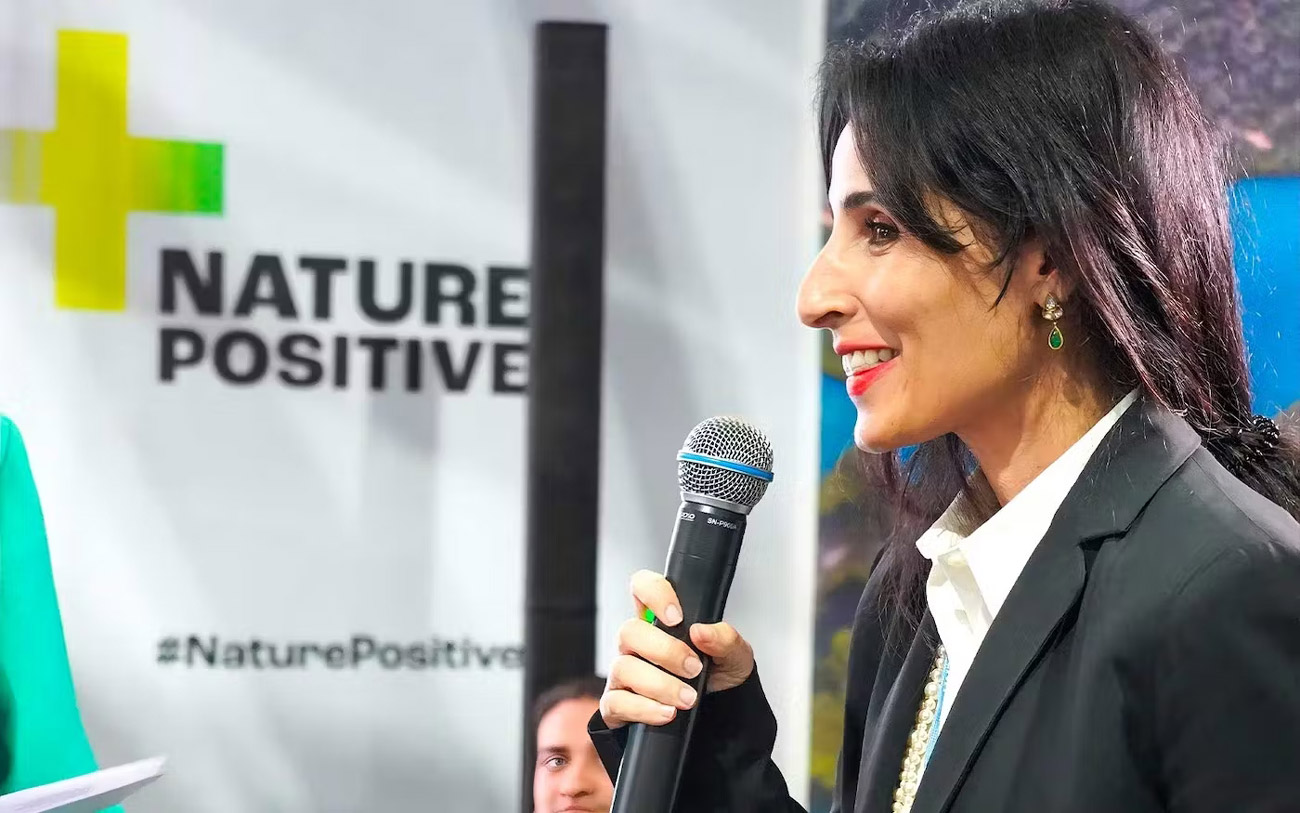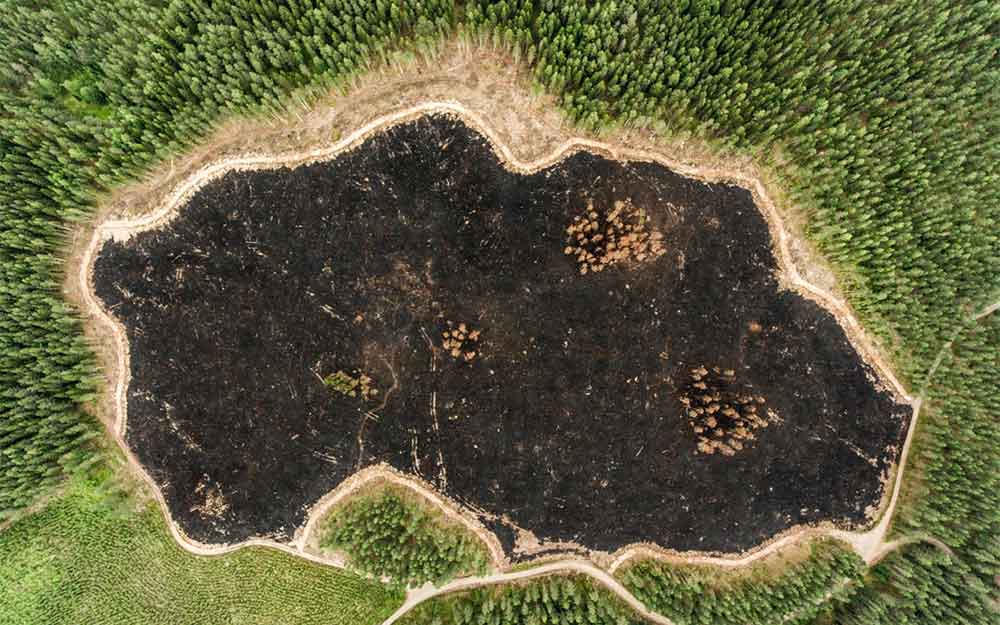In a recent interview for Eco-Business, Razan Al Mubarak discussed the work of COP28 to guarantee diverse and inclusive climate negotiations, the power of nature-based solutions to combat climate change, and other priorities ahead of COP28 in the UAE later this year.
As UN Climate Change High-Level Champion for COP28, one of Ms. Al Mubarak’s priorities is to rally state and non-state actors behind climate adaptation and resilience work — and to ensure this is done in a just and inclusive way. When asked about her vision of a successful COP28, Ms. Al Mubarak said:
“Climate change affects every person on this planet, and it is crucial that we design climate action strategies that involve and empower everyone – the Global North and the Global South, women, youth, Indigenous communities and more. This is the only way forward in order to make a just transition.”
Ms. Al Mubarak, who is also President of IUCN, spoke on the imperative of pursuing climate solutions that simultaneously tackle climate change and biodiversity loss, calling these challenges “two sides of the same coin.” She added:
“We must accelerate the adoption of nature-based solutions. Large-scale conservation, restoration, and sustainable management of our ecosystems can effectively complement other climate initiatives, helping us to meet the goals outlined in the Paris Agreement by 2030.”
COP28 will host the first Global Stocktake where countries will collectively assess their progress toward achieving the Paris Agreement’s key goals. Ms. Al Mubarak acknowledged that "we are off track" and urged action:
“We need to be honest with ourselves and the Global Stocktake is telling us we are off track. Climate change is a whole-of-society problem, and it requires a whole-of-society solution. With the COP28 platform, we are embracing the power of nature to combat climate change and create a more sustainable future.”

